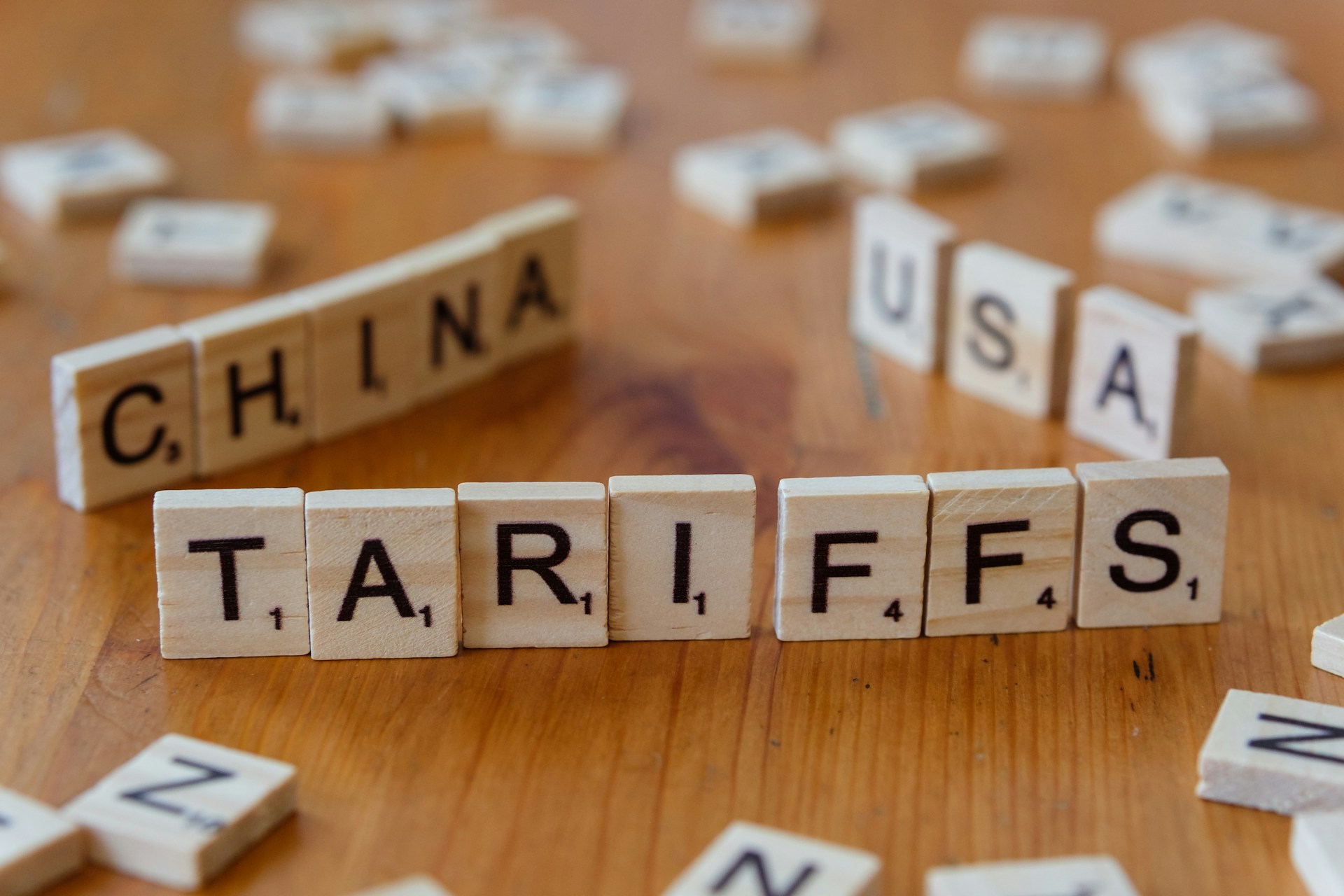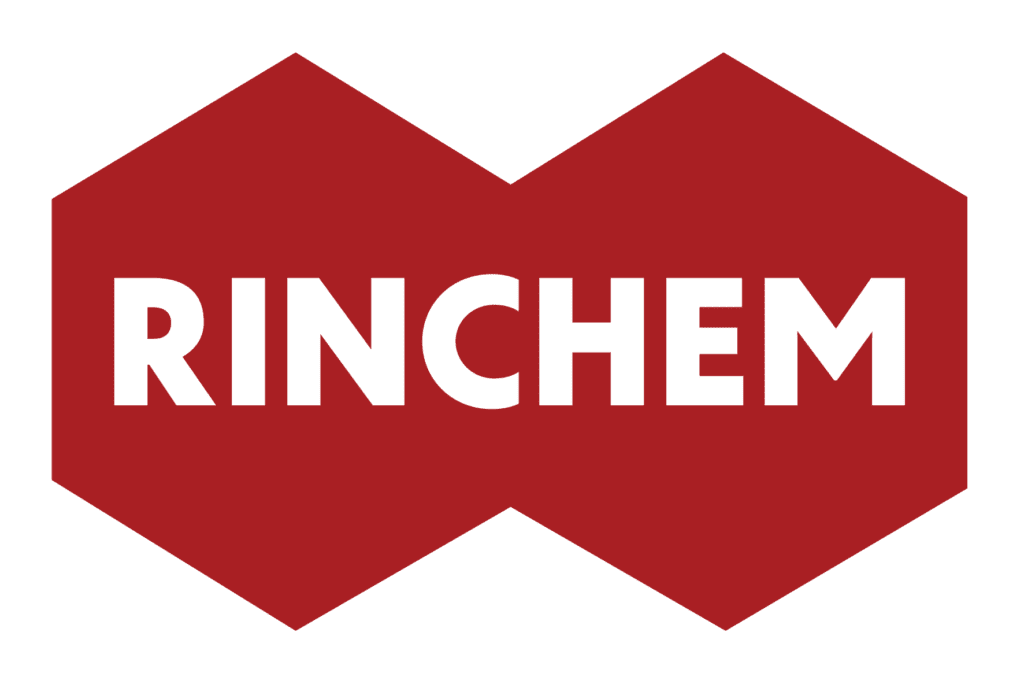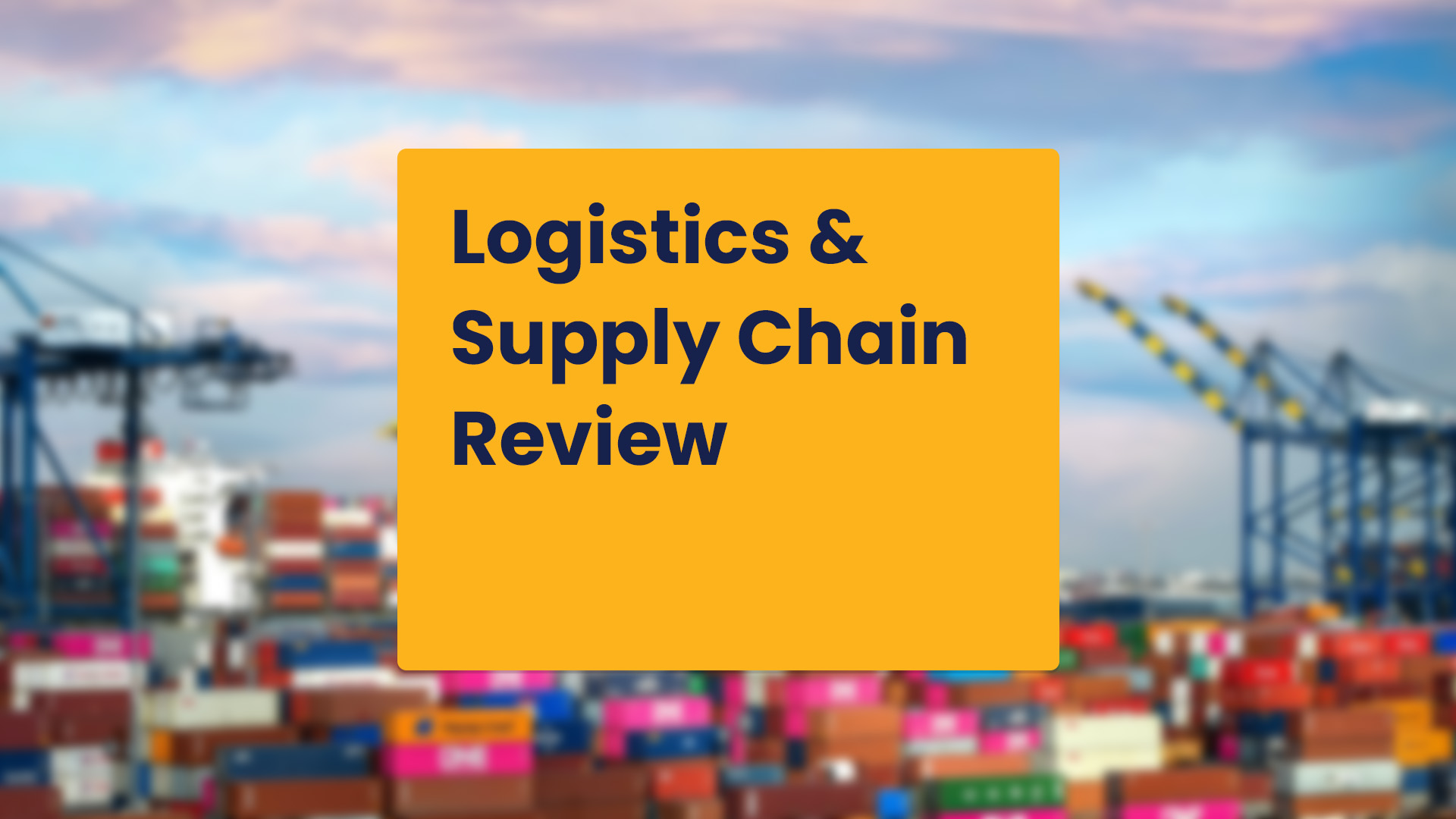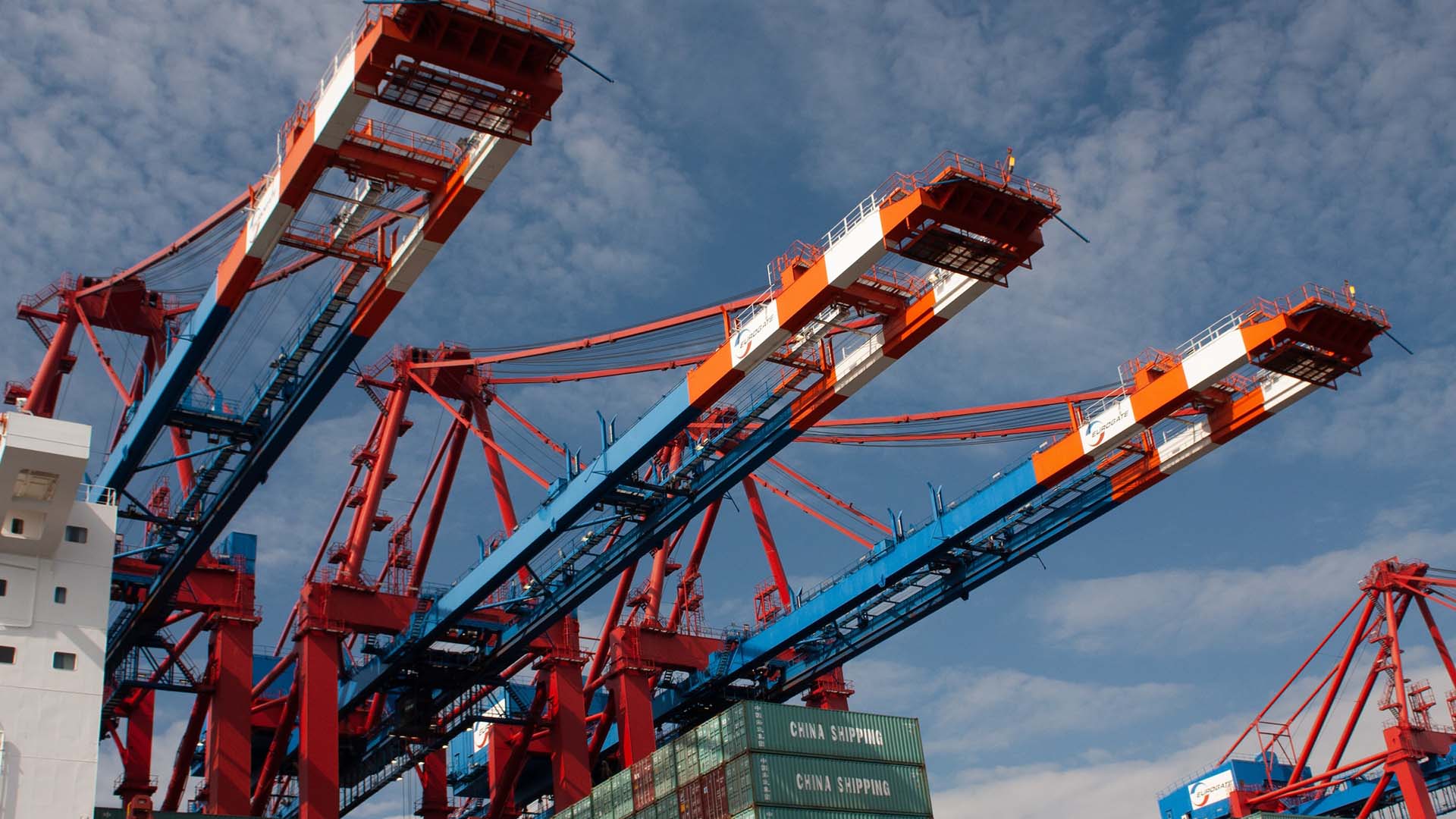Every week, Rinchem shares important articles and topics about chemical and gas logistics, industries we operate in, and the general global supply chain. In this week's update we talk about cutting climate costs, new tariffs, and how green supply chains cut waste.
Keep reading to see this week's hot topics.
This week's stats
30%- the percentage of overall greenhouse gas emissions attributed to semiconductor manufacturing AZO Materials
19%- Current tariff rate for Indonesia and the Philippines, which may see a boost from the rate rising to 50% for India Automotive Logistics

Cutting the Climate Costs of Microchip Manufacturing
Semiconductors are essential to everyday technologies like smartphones, electric vehicles, healthcare equipment, and renewable energy systems, but their production has significant environmental drawbacks due to high energy, water, and chemical usage. The article highlights strategies to make the industry more sustainable, including adopting renewable energy, recycling water, designing more efficient chips, and implementing stronger policies to reduce the sector’s carbon footprint.

US implements 50% tariffs on India
As of August 27, 2025, the U.S. has raised tariffs on imports from India to 50%, doubling the previous 25% rate as a punitive response to India’s continued purchases of Russian oil. While vehicle imports and designated auto parts are exempt, the increased duty affects a broad array of components—such as castings, forgings, tires, wire harnesses, and metal parts—many of which are heavily sourced by U.S. automakers like GM, Ford, and Stellantis, as well as international brands operating stateside. This shift is expected to prompt OEMs and suppliers to explore nearshoring alternatives, including sourcing from Mexico, Canada, or ASEAN countries with significantly lower tariff rates. Meanwhile, India is responding with export-market diversification, financial support for affected firms, and domestic reforms to soften the blow.

Lean Meets Green: How Smart Supply Chains Cut Waste
The article explores how organizations can simultaneously improve operational efficiency and environmental performance by integrating Lean management principles with Green initiatives. It explains that Lean tools—originally designed to eliminate non-value-adding activities—can also help reduce environmental waste when thoughtfully aligned. By recognizing overlaps in waste types (such as energy, water, and material) and reframing them within an integrated Lean-Green mindset, companies can embed sustainability into their continuous improvement processes and drive dual benefits for both cost reduction and environmental stewardship.
Get more articles like this in your inbox
Sign up for our monthly newsletter
Find more articles



